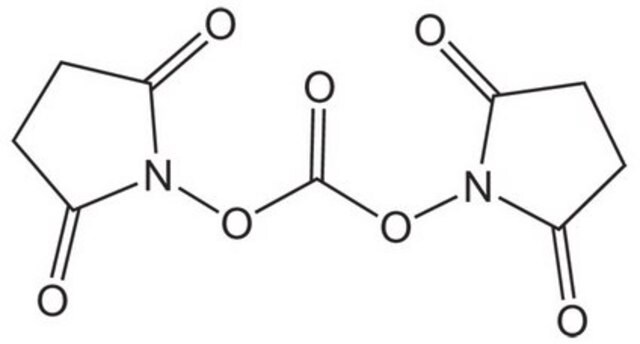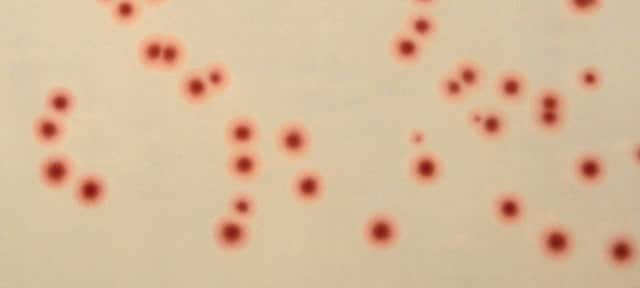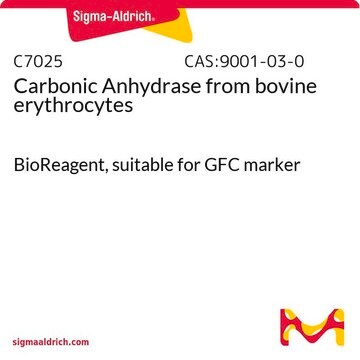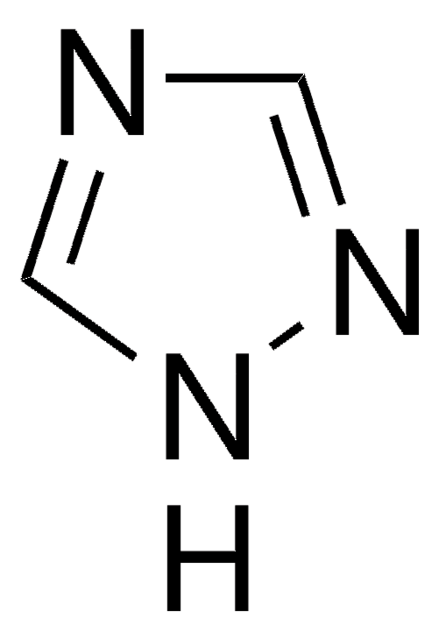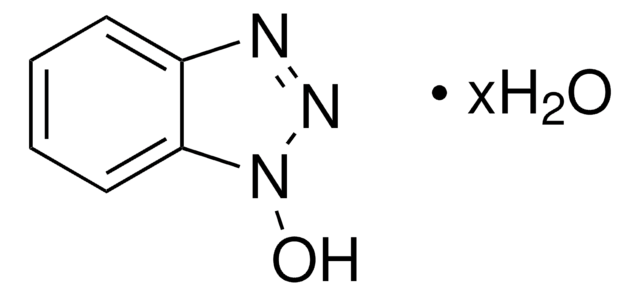21861
1,1′-Carbonyl-di-(1,2,4-triazole)
technical, ≥90% (T)
Synonym(s):
CDT
About This Item
Recommended Products
grade
technical
Quality Level
Assay
≥90% (T)
form
powder
reaction suitability
reaction type: Carbonylations
mp
138-152 °C
application(s)
peptide synthesis
storage temp.
2-8°C
SMILES string
O=C(n1cncn1)n2cncn2
InChI
1S/C5H4N6O/c12-5(10-3-6-1-8-10)11-4-7-2-9-11/h1-4H
InChI key
YHNUDLCUIKMNSN-UHFFFAOYSA-N
Looking for similar products? Visit Product Comparison Guide
Other Notes
Signal Word
Danger
Hazard Statements
Precautionary Statements
Hazard Classifications
Acute Tox. 4 Oral - Eye Dam. 1 - Repr. 2
Storage Class Code
11 - Combustible Solids
WGK
WGK 3
Flash Point(F)
Not applicable
Flash Point(C)
Not applicable
Personal Protective Equipment
Regulatory Listings
Regulatory Listings are mainly provided for chemical products. Only limited information can be provided here for non-chemical products. No entry means none of the components are listed. It is the user’s obligation to ensure the safe and legal use of the product.
JAN Code
21861-5G:
21861-RSAMPLE:
21861-25G:
21861-INTR:
21861-VAR:
21861-BULK:
Choose from one of the most recent versions:
Already Own This Product?
Find documentation for the products that you have recently purchased in the Document Library.
Customers Also Viewed
Our team of scientists has experience in all areas of research including Life Science, Material Science, Chemical Synthesis, Chromatography, Analytical and many others.
Contact Technical Service

